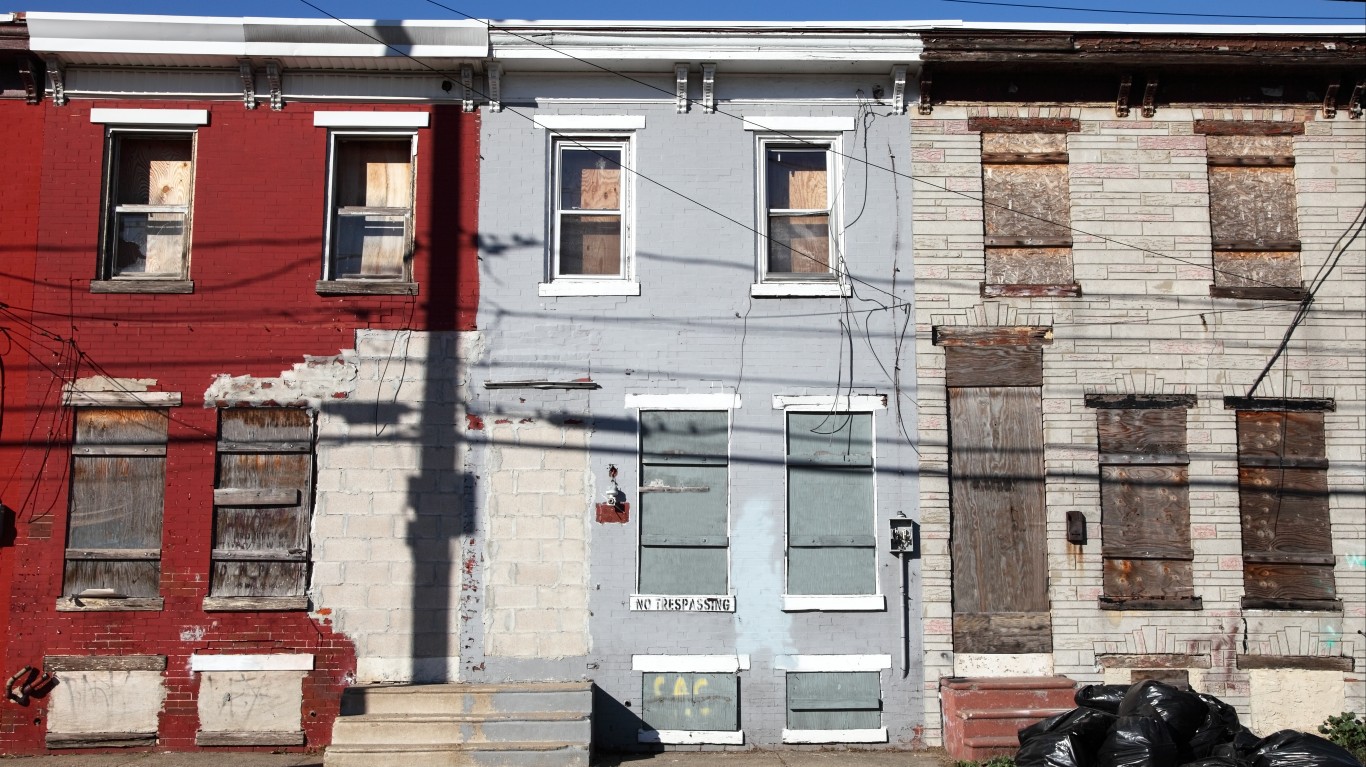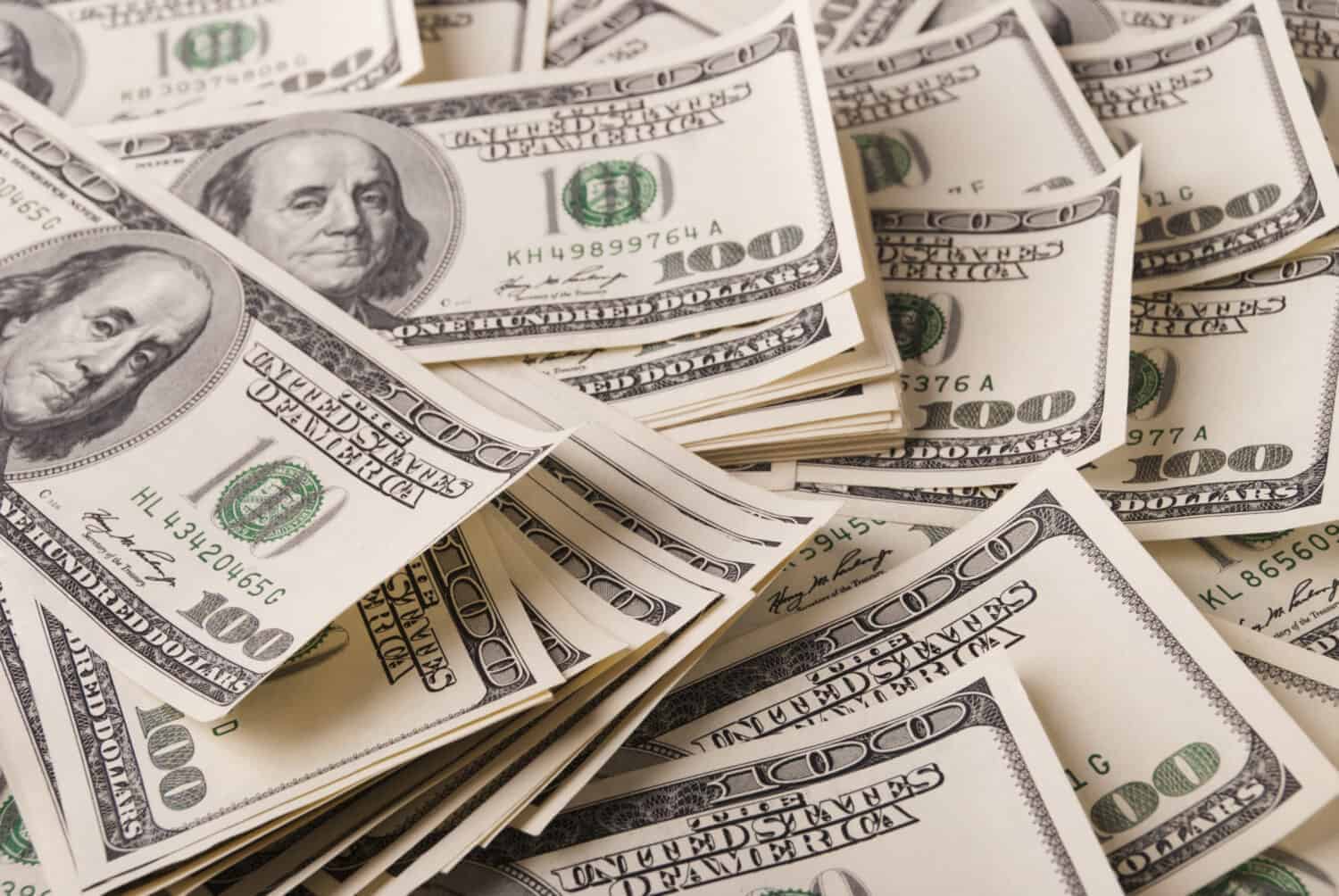
According to the latest reports, there are now over 58 million millionaires worldwide, an increase by 300% over 20 years. The United States itself has 22 million millionaires as of 2023, representing around 6.6% of the country’s population.
The wealth of the top 1% has been growing even more disproportionately quickly compared to the rest of the population, furthering the gap between the rich and the poor.
We’ll take a look at the trends below, exploring the reasons behind the growing number of millionaires and why income inequality continues to be a pressing issue.
Why We’re Covering This
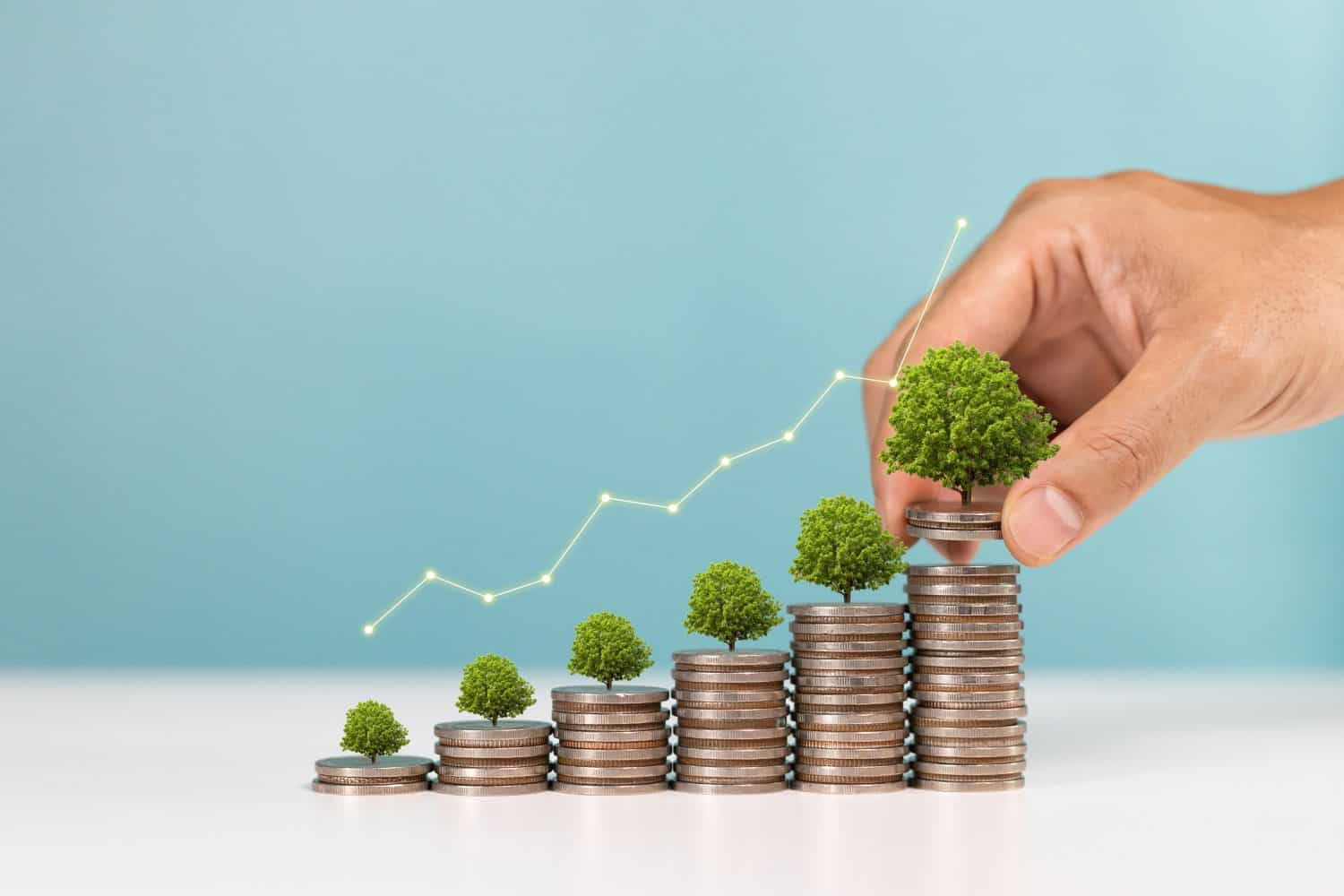
Here at 24/7 Wall St., we cover economic news of all sorts. The increasing upward trend for millionaires (and the much slower decrease in poverty) is one such new story!
You can also take a look at our article about which U.S. cities have the most millionaires.
Millionaire Statistics

Millionaires have only been continuing to rise over the last couple of decades. The number of millionaires in the US has seen substantial growth, in particular. Many different factors, including technological investments, stock market performance, and a booming real estate market, could drive this.
Global Millionaire Statistics

Globally, the millionaire population has continued to grow, too. Projections for the future predict that millionaires will only continue to grow at a fast rate. These projections are driven by future economic growth and investment opportunities.
Reasons for the Increase in Millionaires
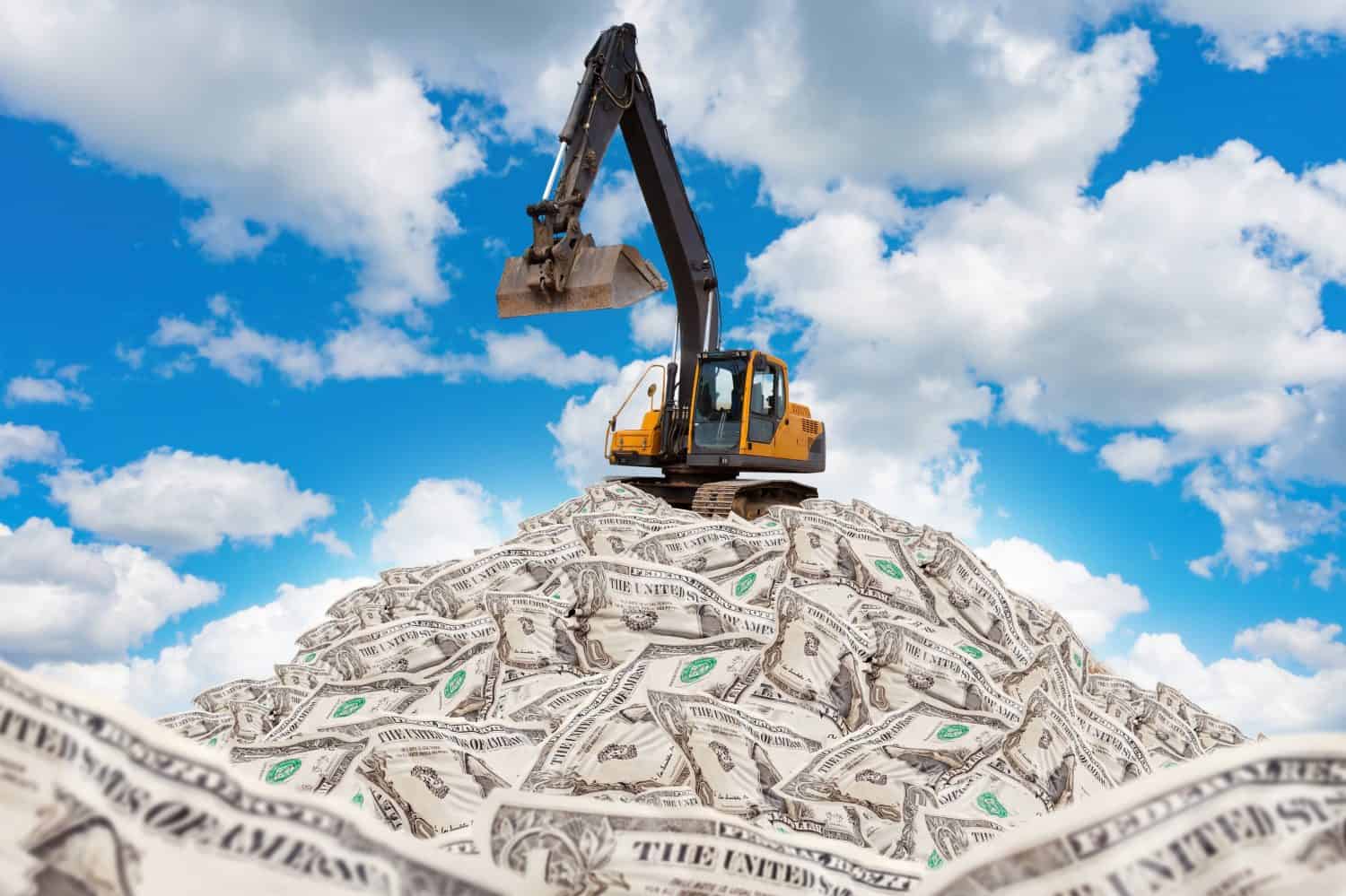
But why are millionaires increasing?
Honestly, no one really knows for sure, but here are some educated guesses.
1. Economic Expansion
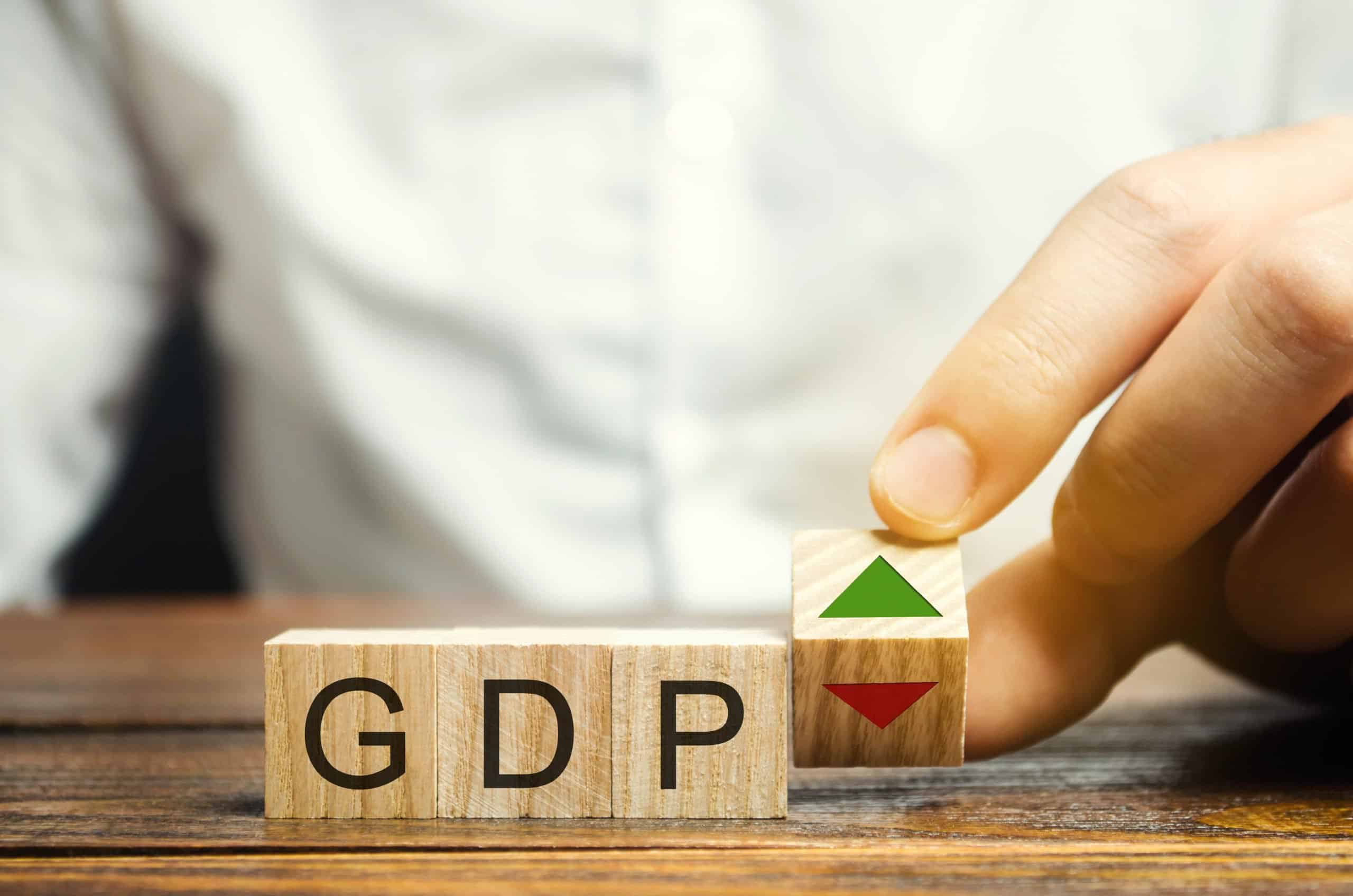
Economic expansion has created more opportunities for wealth accumulation. As economies grow, people tend to get richer. Therefore, it only makes sense that millionaires will continue to grow as economics do.
2. Stock Market

Wealthy individuals also benefit from the rising stock market and real estate investments, which have been doing well over the past few decades.
3. Startups

In America, successful startups and ventures have created new millionaires out of founders and investors. The growth of technological companies has generated significant wealth, contributing to the overall increase in millionaires.
Comparison to Severe Poverty

Severe poverty has been defined as anyone earning less than $2.15 a day. Those living in extreme poverty haven’t been decreasing at the same rate millionaires have been growing. Currently, there are around 700 million living in extreme poverty, which is only a 60% decrease over the last two decades (compared to the 300% increase in millionaires).
Efforts in economic development and international aid have contributed to this decline. There are serious regional disparities we need to consider, too, though. While many regions have made substantial progress in fighting poverty, others are still struggling.
This disparity highlights uneven development and economic opportunities.
Why Income is Rising Slower for the Poor

The income gap between the wealthy and the poor has been widening. While millionaires are seeing their wealth grow quickly, many lower-income individuals face stagnating wages.
Why? There are several potential reasons.
Access to resources is a huge reason the rich tend to get richer. They have access to education, healthcare, and financial services the poor don’t, allowing them to improve their economic status faster.
This includes richer individuals who aren’t millionaires, too, increasing the chance that they will turn into millionaires.
Stagnant wages for lower-income workers reflect broader issues, including automation and labor market shifts.
Implications of These Trends

Increasing wealth inequality can lead to social tension, affecting overall societal well-being.
Persistent income inequality can impact economic stability and growth. Unequal wealth distribution can severely limit economic opportunities for a large portion of the popularity.
Future Outlook

The future will probably see continued wealth growth for the rich, but severe poverty will likely decrease, too. So it isn’t all bad!
Addressing income inequality and providing opportunities for the less fortunate remain crucial for economic development, especially on an international scale.
Want to Retire Early? Start Here (Sponsor)
Want retirement to come a few years earlier than you’d planned? Or are you ready to retire now, but want an extra set of eyes on your finances?
Now you can speak with up to 3 financial experts in your area for FREE. By simply clicking here you can begin to match with financial professionals who can help you build your plan to retire early. And the best part? The first conversation with them is free.
Click here to match with up to 3 financial pros who would be excited to help you make financial decisions.
Thank you for reading! Have some feedback for us?
Contact the 24/7 Wall St. editorial team.
